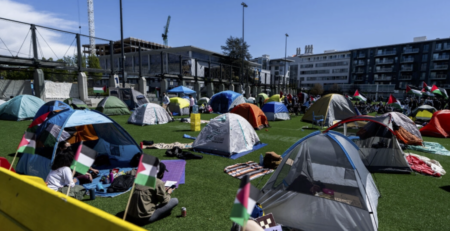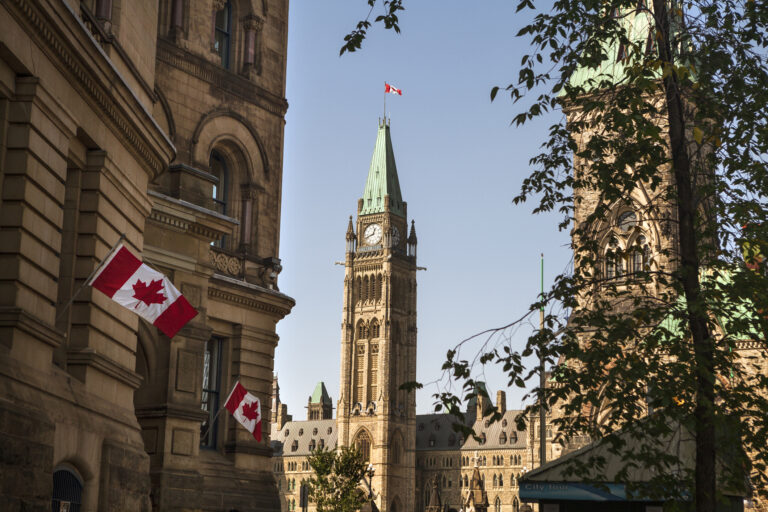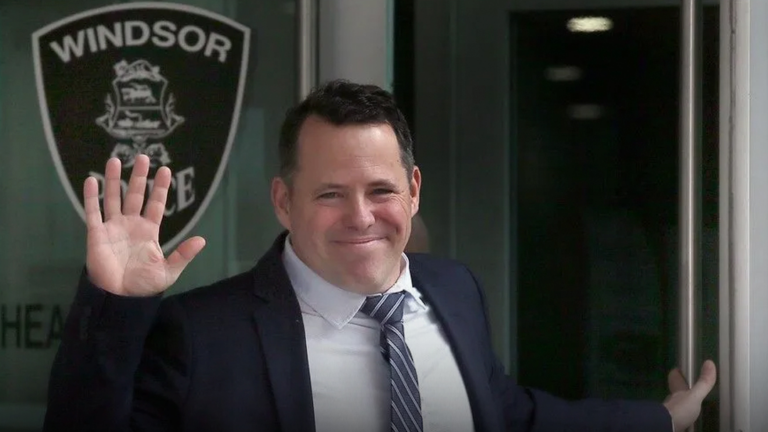John Carpay – Western Standard
Perhaps the best thing about the Federal Court ruling in Jost v. Canada (Attorney General) is that the judge did not dismiss this challenge to Prime Minister Trudeau’s invocation of the Emergencies Act as moot (no longer relevant).
In 2022 and 2023, a number of Canadian judges dismissed Charter challenges to freedom-violating government policies only because the measures had expired, and for no other reason. Judges ignored, entirely and deliberately, the validity (or lack thereof) of freedom-violating laws.
For example, in Brian Peckford’s court challenge to federal policies that prohibited millions of Canadians from flying on airplanes, federal government officials testified under oath that there was no medical or scientific basis for discrimination based on whether one had been injected with the Covid vaccine.
Despite (or perhaps because of) the abundant evidence supporting Mr. Peckford’s claim, after all the expert reports had been submitted, after all the experts had been cross-examined, and after all the legal arguments had been filed, the Federal Court dismissed Mr. Peckford’s action as irrelevant because the federal travel mandates were no longer in force.
The same fate could easily have befallen Jeremiah Jost and other Freedom Convoy participants.
They were seeking a court ruling on whether the federal government, when violently crushing a peaceful protest in Ottawa 23 months ago, met the conditions for a “national emergency” as set out in the Emergencies Act. Federal Court Justice Richard Mosley could have noted, correctly, that the Public Order Emergency ended on February 23, 2022, and on that basis told Mr. Jost to get lost.
But Justice Mosley chose to issue a ruling on the merits, and found that the federal government’s decision to issue the proclamation of a national emergency did not bear the hallmarks of reasonableness: justification, transparency and intelligibility.
He found that the prime minister and his cabinet did not have reasonable grounds to believe that a threat to national security existed within the meaning of the Emergencies Act, so therefore their decision was ultra vires (outside of the powers) of the legislation. In 2022 in downtown Ottawa, there was no “serious violence or threats of serious violence” as defined by the Emergencies Act.
Justice Mosley ruled that “the record does not support a conclusion that the Convoy had created a critical, urgent and temporary situation that was national in scope and could not effectively be dealt with under any other law of Canada.”
Justice Mosley further found that the protesters’ Charter-protected right to be free from unreasonable search and seizure was unjustifiably violated when the federal government froze their bank accounts.
Noting that “protests are inherently disruptive and are constitutionally protected political expression that goes to the core of the freedom,” and that “political speech is granted the highest level of protection because of its essential role in democratic life,” Justice Mosley also found that the emergency powers unjustifiably violated Charter-protected freedom of expression.
Jeremiah Jost and other Freedom Convoy applicants acknowledged that they were seeking remedies against legislative instruments (emergency powers) that were no longer in effect, so there was no “live controversy” as between them and the federal government.
Nevertheless, the court took on the task of explaining whether the government’s action was reasonable and Charter-compliant. Dismissing Jeremiah Jost’s action as moot would create a result whereby any proclamation of a public order emergency, along with the use of extraordinary government powers, would never be reviewed by a court. Court actions take much, much longer than the duration of government measures that violate Charter rights and freedoms.
Unlike Jocelyne Gagné, the judge who dismissed Brian Peckford’s action as moot after both sides had submitted all of their evidence, Justice Mosley noted that, “Considerable time, energy and resources have been invested in these cases from all parties. The issues have been highly contested and zealously argued throughout. … [t]here remains a ‘tangible and concrete’ dispute between the parties. The issues are not simply academic for them, as they were directly affected by the invocation of the Emergencies Act, which … had an impact upon their Charter rights.”
Justice Mosley noted that the Emergencies Act requires a “public order emergency” to be temporary, which means that violations of Charter rights and freedoms will have ended long before any legal challenges to the proclamation of an emergency are heard by the courts.
A bad precedent could be established: as long as the government can revoke its oppressive, freedom-violating law before a court challenge to it can be heard, the courts will have no role in reviewing the legality of human rights violations.
As Justice Mosley explains it: “… in the next emergency, the government may take similar measures without the benefit of the guidance of the courts on their reasonableness or compliance with the Charter.”
It is evident from Justice Mosley’s ruling that he has no sympathy for Freedom Convoy or its participants, or their conduct in Ottawa 23 months ago.
Yet he still rules against the federal government. Overturning a carefully considered decision, which includes extensive and detailed references to numerous facts, will not be an easy task for the federal government, which plans to appeal this Jost ruling.









